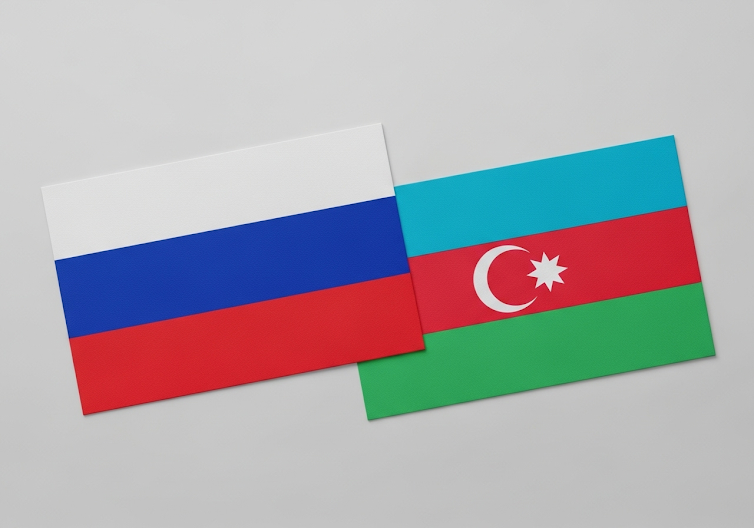Underlying Geopolitical Tensions
From Moscow's viewpoint, the current crisis is a symptom of its waning influence throughout the South Caucasus. For decades, Russia acted as the primary power broker in the region, but this position is eroding. Stretched thin by the war in Ukraine and having failed to protect Armenian interests in the Nagorno-Karabakh conflicts, Russia sees its authority being openly questioned. Azerbaijan's increasingly bold and independent actions are not just a bilateral issue; they represent a direct threat to Russia's status as the regional hegemon. The anger, therefore, is fueled by a sense of losing control over a strategically vital area.
The Zangezur Corridor Dispute
A principal source of Russia's anger is its exclusion from the Zangezur Corridor negotiations. Under the 2020 ceasefire agreement, Moscow expected to control the security and operation of this strategic transport route connecting Azerbaijan to its Nakhchivan exclave via Armenia. The revelation that Azerbaijan, Armenia, and Turkey have reportedly reached an agreement without Russian involvement is a major geopolitical setback for the Kremlin. This move effectively bypasses Russian control, sidelining Moscow from a project it considered its prerogative to oversee. For Russia, this is a clear signal that Baku no longer sees a need for Moscow's mediation or security guarantees, a stinging rebuke to its role as the regional arbiter.
Energy Politics and Sanctions Circumvention
While Azerbaijan has been a helpful partner in helping Russia circumvent Western sanctions—facilitating the transport of Russian oil and gas to Europe—this relationship is a source of complex frustration for Moscow. From Russia's perspective, this is a transactional arrangement, not one of loyalty. Azerbaijan is pursuing its economic interests, using the situation to its advantage and thereby gaining leverage over Moscow. The partnership, which allows Russian crude from sanctioned companies like Lukoil to be processed in Turkey and rebranded, exposes Russia to risks while empowering Baku. This dynamic transforms Azerbaijan from a dependent client state into a pragmatic and self-interested actor, diminishing Russia's ability to use energy as a simple tool of coercion and control.
Russia's Mindset and Azeri Diaspora
Russia's reaction to the diplomatic crisis reveals a deep-seated mindset. The hostile rhetoric on Russian state television, which has labeled Azerbaijanis "Nazis" and claimed "Baku is a Russian city," reflects an inability to accept Azerbaijan as a truly sovereign equal. From this perspective, Azerbaijan's assertive foreign policy is not the legitimate action of an independent nation but an act of defiance. The coordinated and violent crackdown on the Azerbaijani diaspora across Russian cities is a direct expression of this anger. It is an attempt to punish Baku and reassert dominance by using the people within its borders as leverage, a classic tool of an empire lashing out at a former subject that refuses to remain subordinate.
Azerbaijan's Strategic Repositioning
Ultimately, Russia is angry because Azerbaijan is fundamentally repositioning itself on the world stage, and doing so successfully. Bolstered by its military victories in Nagorno-Karabakh, Baku no longer views Moscow as indispensable to its security. President Aliyev's regime is actively demonstrating that it can withstand Russian pressure while cultivating stronger ties with Turkey, the United States, and the European Union. Azerbaijan's arrest of alleged FSB operatives and the public display of bruised Russian detainees was a calculated and humiliating message to the Kremlin: the era of Russian impunity is over. For Russia, this is the most infuriating development of all. It represents a direct and audacious challenge to the post-Soviet order, proving that Moscow's traditional tools of intimidation and influence are no longer sufficient to keep its neighbors in line.
Photo: Created with the help of Gemini AI
